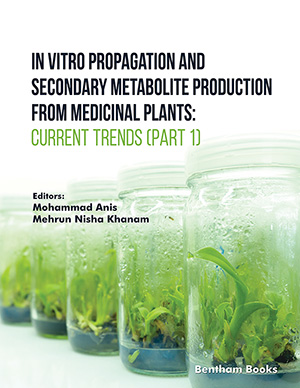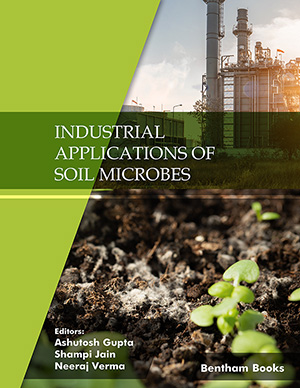Abstract
Plants are an important source of natural products for health care throughout
the globe. Recent trends show an abrupt increase in the demand for medicinal plants
due to their cost-efficiency, safety, and potency. The medicinal properties of the plants
are attributable to the presence of secondary metabolites, which accumulate as the
natural defense against herbivory and other interspecies defenses. Along with their
medicinal uses, secondary metabolites are also used in flavorings, agrochemicals,
fragrances, bio-pesticides, and food additives. The demand for secondary metabolites is
mainly expedited through the collection of medicinal plants from the wild. This has
provided an impetus for overharvesting medicinal plants from the wild, and many of
them are threatened. The accumulation of secondary metabolites in medicinal plants is
limited, and therefore diverse strategies for improving the production of secondary
metabolites are a priority. Biotechnological applications, especially plant tissue culture
techniques, offer a viable alternative for obtaining secondary metabolites. Along with
the optimization of growth media and culture conditions, the role of plant growth
regulators is vital in enhancing biomass and secondary metabolite accumulation in the
culture medium. The present chapter demonstrates the types and uses of plant growth
regulators with a focus on the application of plant growth regulators for the production
of secondary metabolites from medicinal plants.
Keywords: In-vitro propagation, Medicinal plants, Natural products, Plant growth regulators, Plant tissue culture, Secondary metabolites.






















